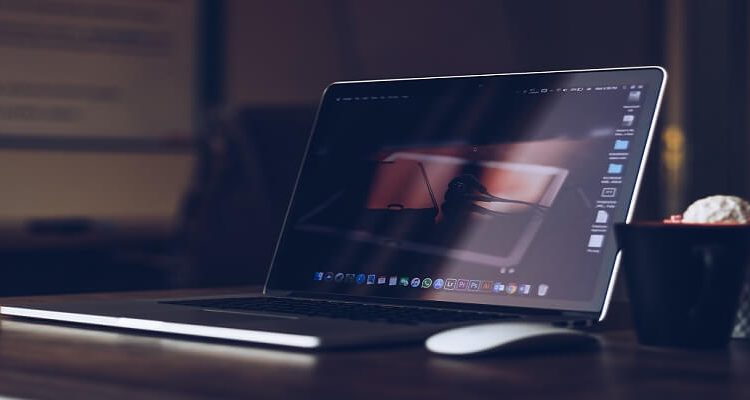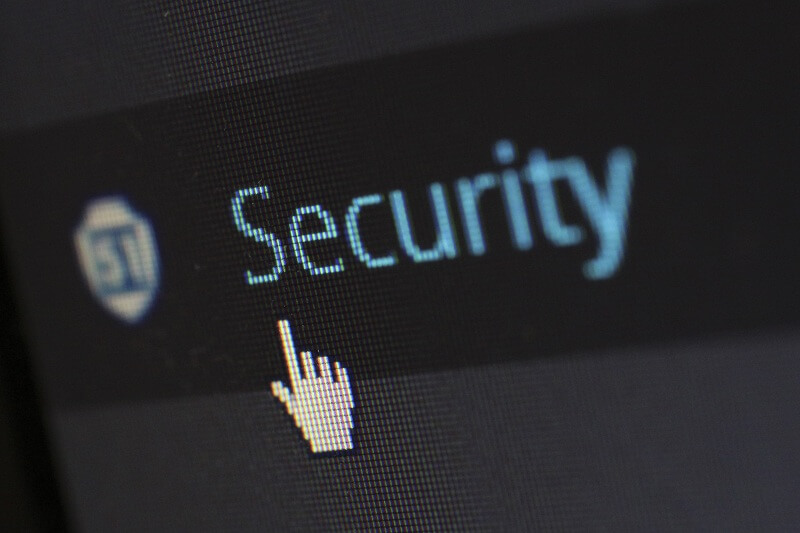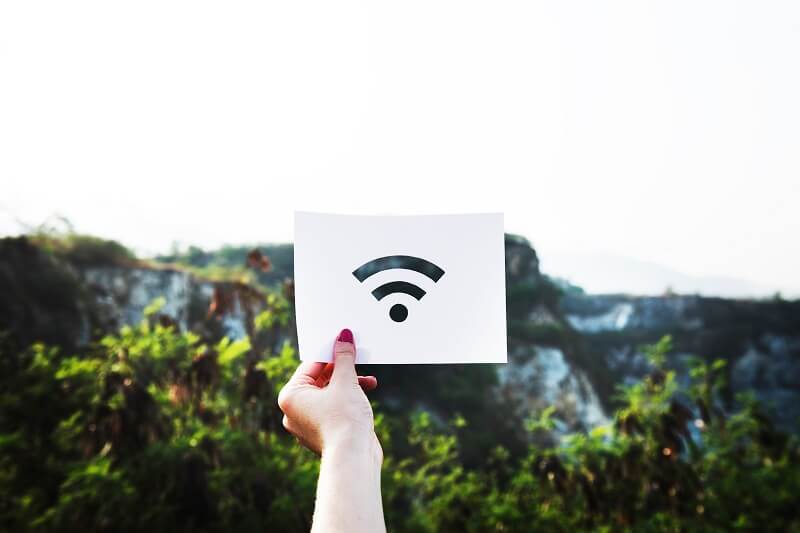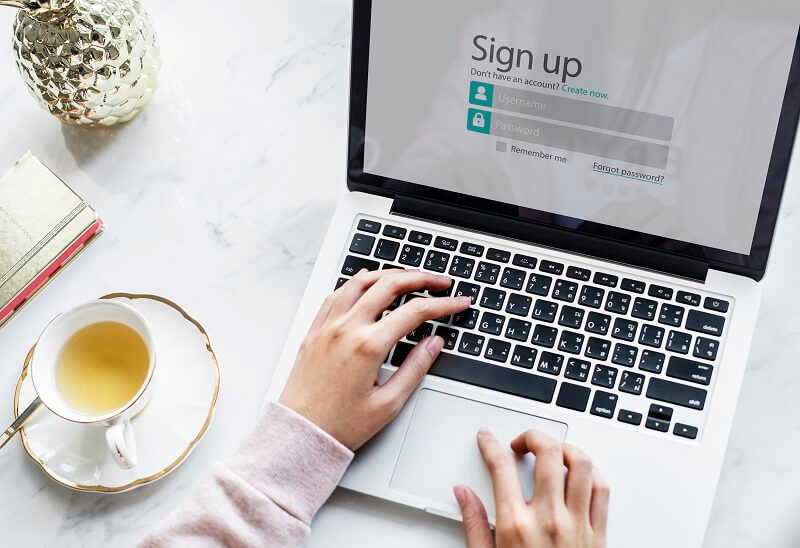7 Ways to Protect Yourself from Cyber Security Threats

Protecting yourself while accessing the web is paramount. It is important to always know that you are on a constant risk of attack by cybercriminals. Protecting yourself involves putting into place measures that safeguard your data and keep your networks clean. There is much to lose in case of an attack. Financial, emotional and psychological harm can be caused by breaches that target your data or that of your family. There are many ways to keep yourself safe. The following are the top 7 ways to protect yourself.
1. Keep sensitive data away from social media
Sensitive personal data is best kept away from all social platforms. Even though you trust the website, some information is simply unnecessary to have online. All information that relates to the safety and welfare of your accounts should never be displayed publicly. As a rule, you should give the social media platforms only the essential information required to keep the site up. Sticking to the minimum and bare basics is thus the best strategy to keep your data safe.
2. Use password managers

Nowadays, it is much easier to manage passwords. Most operating systems come with password management tools that allow you to save and remember passwords easily. Modern password managers even have the ability to generate a password for you. Passwords that are generated by password managers are strong and you do not need to memorize them as the program logs you in automatically. In case you still want to memorize your passwords, remember to include some characters as part of the password.
3. Analyze your digital footprint
If you often use the internet, it is important to know just how public your information is. You can do this by performing a simple search about yourself using the search engines. The information that comes up can help you decide whether your information is safe or not. A digital footprint is able to show you all the communications that you have done with individuals online. In case you find information that you are not comfortable with, you can always refer to the source of the information and delete it.
4. Secure public networks

It is also important to secure the networks that you use. According to statistics, up to 64% of people working in organizations know about the dangers of public WiFi. This means that nearly a third of all public WiFi users are in danger. If you are a constant user of public Wi-Fi, you should have a functioning VPN service. VPN services like PIA VPN have been known to boost the privacy of public networks while giving you security as well. Apart from securing the networks, you also need to have some security awareness on the owners of the WiFi and its general security standing.
5. Keep your software updated and have antivirus protection
There is no doubt that the best way to stay safe is by having the latest definitions of your antivirus programs. Antivirus software helps you fight breaches actively. In addition to updating the antivirus programs though, you should also ensure that your general software is up to date. Newer programs come with the latest security patches which makes them tougher. You should also run a full scan of your machines from time to time.
6. Adjust your security and privacy settings

Sometimes, internet users expose themselves to risks because of their privacy settings configuration. It is common for most programs today to come with a set of privacy and security settings which a machine user must allow or disallow. Cameras, microphones and biometric devices can all be misused by hackers. When you are connected to the internet, you should ensure that the access to these devices is limited to only the essential programs. Doing this can keep the hackers at bay.
7. Backup up vital information
Finally, it is important to keep backups of your most sensitive data. Having copies of your data in secure locations gives you assurance in case of hacks or breaches. You can never be sure about the security of any of the platforms you use. Even some of the biggest tech companies in the world have been breached by hackers. Having a backup copy of your data is thus a sure way of ensuring that you will never lose what is important to you.
If you are curious about the 2020 cybersecurity statistic, this is a great post to read.
